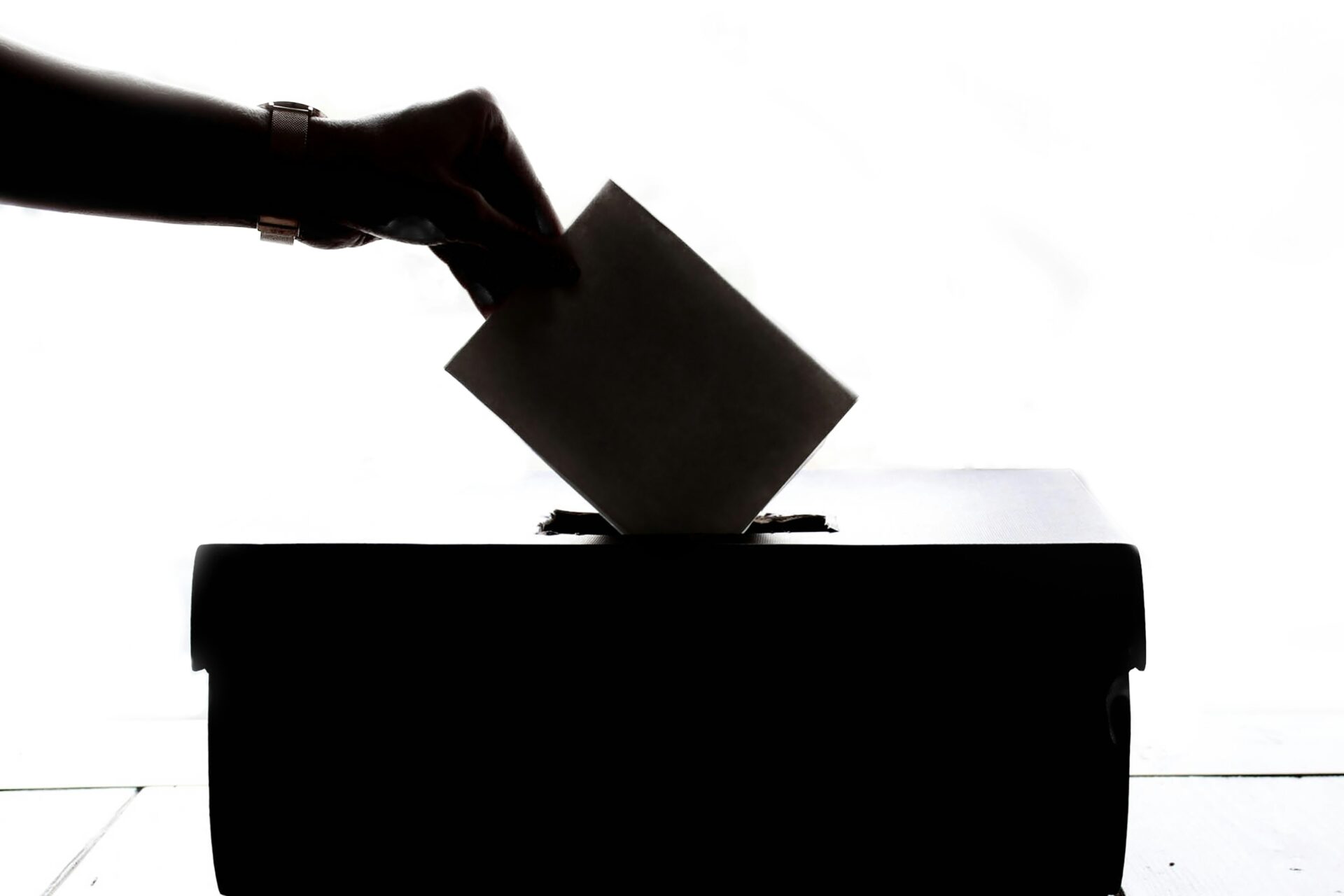
Voting Rights for Incarcerated People in NSW
The NSW Council for Civil Liberties has appeared before the NSW Electoral Matters Committee, calling for a reform to voting rights for incarcerated people in NSW. Under the NSW Electoral Act 2017, an individual who has been convicted of an offence and is serving a sentence of 12 months or more is unable to vote in state elections while serving their sentence. For federal elections, the sentence is three years or more.
This disproportionately affects Aboriginal and Torres Strait Islander Australians, who despite only making up 3.8% of the Australian general population, represent over 30% of the adult prison population.
Dr Lukas Carey is a lecturer at the University of New England, and a strong advocate for using lived experience to inform policy. Lukas explains that the formation of a group we identify as the ‘other’ plays a part in why the rights of incarcerated people are not often considered. This includes the right to vote, an act that for non-incarcerated people, is required by law.
Lukas points out that when we consider the Voice to Parliament referendum, there was a significant portion of voices that were not heard.
“In recent times, we have had a discussion about the voice, the voice to parliament, where everyone had to go and vote and do their thing.”
“Out of 3 percent of the population, there’s 30 percent of incarcerated people who are Aboriginal and Torres Strait Islanders who were not able to vote regarding their own voice in Parliament.”
“Just think about the control mechanism of that, is that us as an industry, us as a group have effectively silenced a large amount of people whose lives are directly impacted by that vote.”
In a media release provided to TuneFM, President of of the NSW Council for Civil Liberties Lydia Shelly has cautioned against laws restricting an individual’s right to vote.
“We should be very cautious about laws that restrict people’s right to vote and meaningfully participate in our democracy. People sentenced to prison are deprived of their liberty, but they shouldn’t be deprived of their right to have a voice as part of a society that, in the vast majority of cases, they will re-join.”
Ms Shelley’s comments on individuals participating in a society that they will one day rejoin are echoed by Dr Carey, who argues that removing an individual’s right to vote is a breach of human rights.
“The opportunity is that everyone has the right to be part of democracy and to be part of a democratic human society, system and process. And what this also does is this takes away[…]the people’s opportunity to be part of society, which at some point in time they are going to return to. To take away that right is just breaching human right, flatly.”
The right to vote is enshrined in human rights treaties. Those treaties, the International Covenant on Civil and Political Rights and the International Covenant on the Elimination of Racial Discrimination, outline the human rights by which countries are bound by. Australia is a signatory on both.
The results of the matter brought forward by the NSW Council of Civil Liberties will be reviewed by the Committee, and a report on the outcome will be issued within 18 months of a resolution agreed upon by both Houses.
Photo by Element5 Digital on Unsplash


